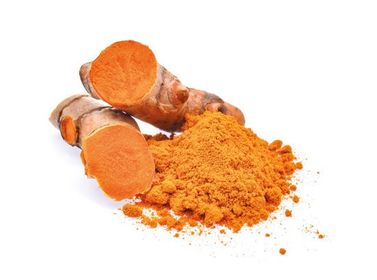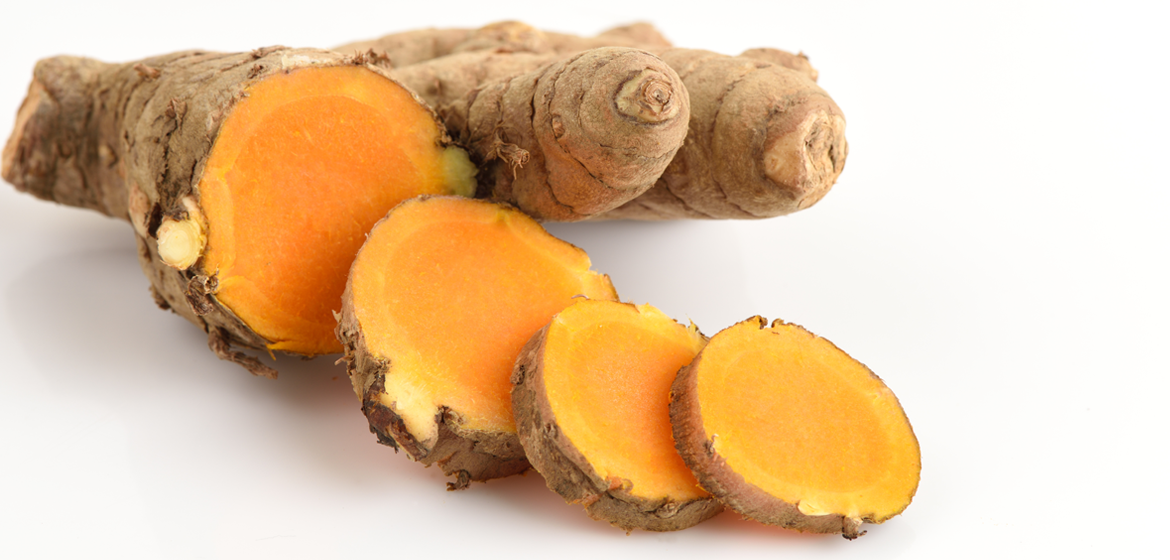What are the Health Benefits of Turmeric
What is Turmeric?
Turmeric is the main spice in the Indian cuisine and many people believed that is the most powerful and researched herb on the planet.
Turmeric comes from the Curcuma longa plant, which is a native plant grows in Asian countries and it is belong to the ginger family, Zingiberaceae.
The main active ingredient of turmeric is curcumin.
There are over 12.600 peer-reviewed articles published providing turmeric benefits for the health.
History of Turmeric
It has been used medicinally for over 4,500 years. History shows that by 800 AD the cultivation of turmeric has spread across much of Asia, including China and Africa.
The Hindu religion, India sees turmeric as auspicious and sacred.
They used turmeric paste as a tradition to make a necklace in the wedding day that indicates that the woman is married and capable of running a household.
The rhizome of turmeric is used in some parts of Southern India as a protection of the bad spirits.

Nutrition facts of Turmeric
One tablespoon of ground turmeric contains:
- 23.9 Calories
- 4.4 gr. Carbohydrates
- 0.5 gr. Protein
- 0.7 gr. Fat
- 1.4 gr. Fibre
- 0.5 ml Manganese
- 2.8 ml Iron
- 0.1 ml Vitamin B6
- 170 ml Potassium
- 1.7 ml Vitamin C
- 13 ml Magnesium
Health benefits of Turmeric
A Super Anti-Inflammatory
In the last decade we are seeing more and more articles regarding the health benefits of a powerful anti-inflammatory herb known as turmeric.
One of the main reasons is related to the realization by scientists that chronic inflammation is the main cause of chronic diseases such as:
- heart disease
- cancer
- metabolic syndrome
- Alzheimer’s disease
- various degenerative conditions
Therefore anything that can help to fight the chronic inflammation is important, and turmeric has been proposed to fight chronic inflammation as it contains compounds with medicinal properties called curcuminoids which are found within the root of the plant.
Research suggest that turmeric has the ability to control inflammation and is the most effective anti-inflammatory compound in the world.
Alzheimer’s Disease
Neurons are capable of forming new connections, but in certain areas of the brain they can also multiply and increase in number.
One of the main drivers of this process is brain-derived neurotrophic factor (BDNF), which is a type of growth hormone that functions in your brain.
Many common brain disorders have been linked to decreased levels of this hormone, including depression and Alzheimer’s disease.
Interestingly, curcumin can increase brain levels of BDNF.
By doing this, it may be effective in delaying or even reversing many brain diseases and age-related decreases in brain function.
Arthritis
The arthritis foundation suggests that taking turmeric capsules of 400 to 600 mg up to 3 times per day reduce inflammation and improve symptoms of arthritis.
In a study in people with rheumatoid arthritis, curcumin was even more effective than an anti-inflammatory drug.
Many other studies have looked at the effects of curcumin on arthritis and noted improvements in various symptoms.
Depression
There are a lot of research trials that has been proved the effective benefits of turmeric in reducing depression symptoms.
These results seem to be connected to the way curcumin impacts neurotransmitter function through the brain- derived neurotropic factor.
Skin Health
Turmeric contains anti-inflammatory and antioxidant properties that have proven effective in treating multiple skin conditions.
Studies suggest that turmeric can increased the glow of the skin and speeding up wound healing.
Also studies suggest that the active compound of curcumin can calms the pores to decrease acne and can control psoriasis flares.
Prevent Certain Cancers
Cancer Research in UK suggested that curcumin has anticancer effects on various types of cancers including:
- prostate cancer
- pancreatic cancer
- breast cancer
- bowel cancer
- stomach cancer
- skin cancer
It seems that curcumin is able to kill cancer cells and prevent more from growing.
Diabetes
A randomized, double-blind, placebo-controlled study, published in the Journal Diabetes Care and the Journal of the American Diabetes Association using 240 participants suggested that the use of curcumin could help in the prevention of type II diabetes mellitus.
Other studies suggest that curcuminoids can lower glucose levels by activating the enzyme AMPK (AMP – activated protein kinase) which is considered by the researchers to be a therapeutic target for type II diabetes.
The activation of this enzyme has major potentials for developing more effective treatments for reducing insulin resistance and reversing diabetes.
Weight Loss
In another randomized, controlled study published in European review for Medical and Pharmacological Sciences the use of curcumin significantly decreased weight loss and reduced body fat, waistline, hip circumference and BMI.
Regulate cholesterol
Recent meta-analysis reports suggest that curcumin can have an effective overall on blood cholesterol and triglycerides.
A research published in the Journal of Atherosclerosis suggest that turmeric extract can decreased levels of LDL cholesterol and inhibit cholesterol oxidation.
Detoxification
An important benefit of turmeric is the ability that can aid in detoxification of the body.
It seems that the consumption of turmeric can help support the liver in effective detoxifying the body from some of the effects of dangerous carcinogens.
Turmeric absorption
Unfortunately, curcumin is poorly absorbed into the bloodstream.
It helps to consume black pepper with it, which contains piperine, a natural substance that enhances the absorption of curcumin by 2,000%.
The best curcumin supplements contain piperine, substantially increasing their effectiveness.
Curcumin is also fat soluble, so it may be a good idea to take it with a fatty meal.
You can read also about: Food Intolerances – Causes of inflammation?





